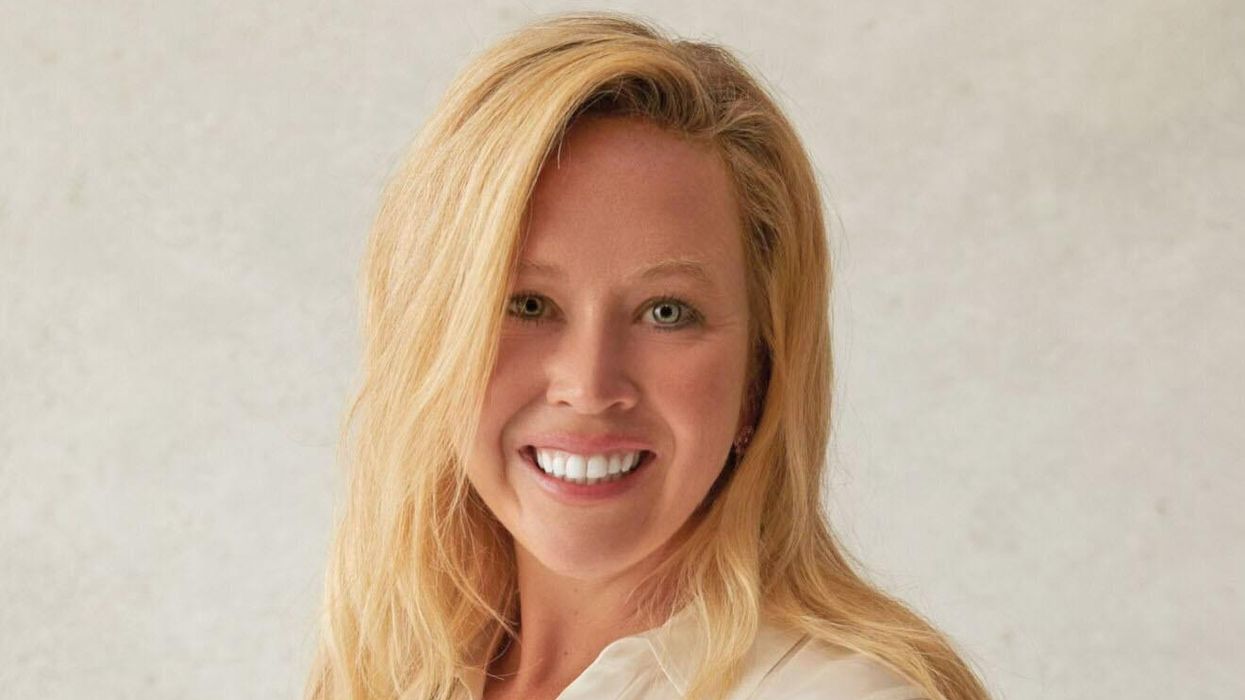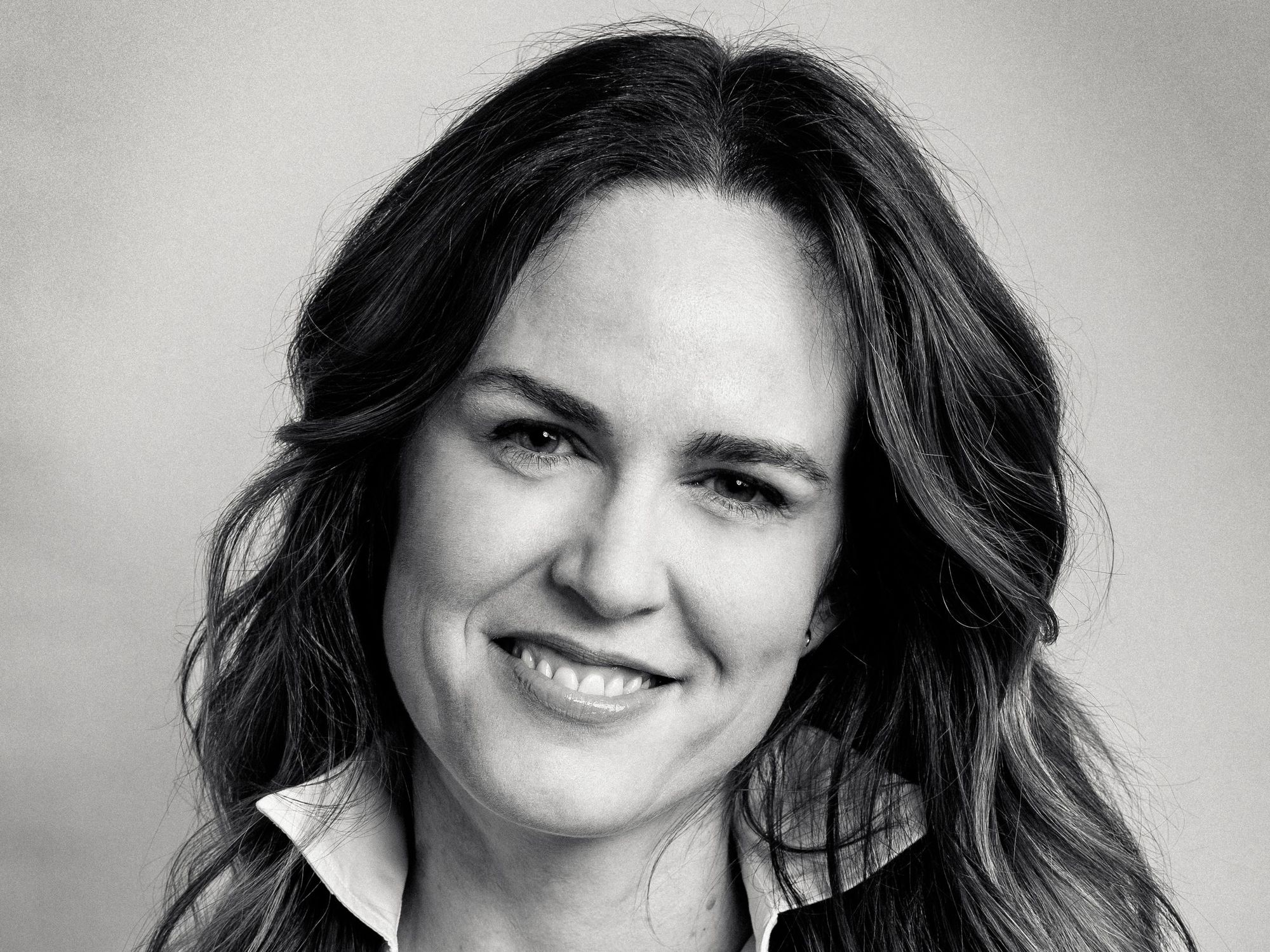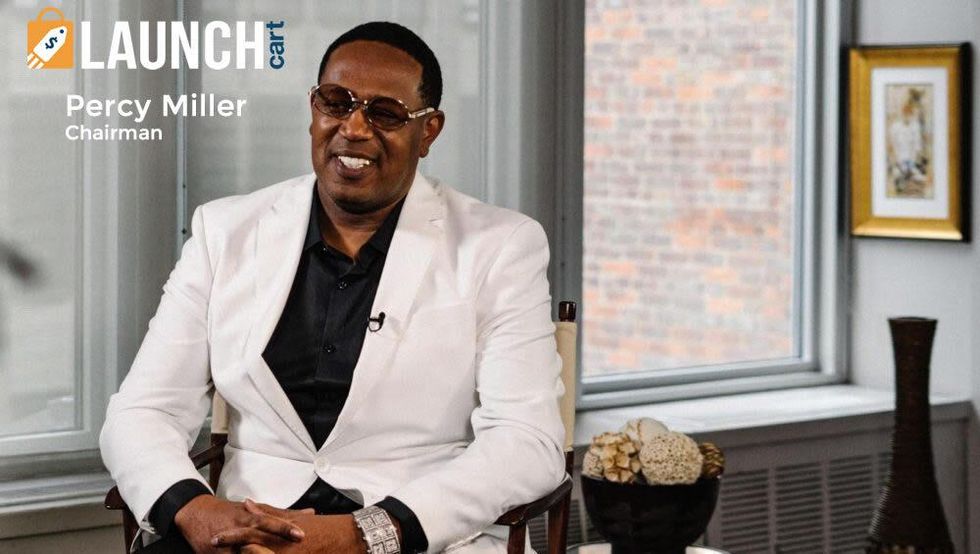Careers
31 January 2023
CEOs hires at Unilever, The RealReal; Master P named chair
On the Move has leadership and promotion news from Pacsun, Calvin Klein and CVS Health.

On the Move has leadership and promotion news from Pacsun, Calvin Klein and CVS Health.

Welcome to On the Move. Every week, The Current is rounding up the comings and goings of leaders at brands and retailers across the ecommerce, retail and CPG landscape.
This week, one of the world’s largest consumer goods companies hires a new CEO, while a luxury ecommerce platform taps a successor to its founder. Plus, we’ve got news on top leadership hires and promotions at Pacsun, West Elm and Calvin Klein Americas.

Hein Schumacher. (Courtesy photo)
Hein Schumacher will be the next CEO of Unilever, effective July 1. Schumacher comes to the maker of Dove, Hellmann’s and Ben & Jerry’s from Royal FrieslandCampina, where he is credited with leading turnaround efforts at the $11 billion business.
Succeeding the retiring Alan Jope, Schumacher will assume the top job at Unilever as it appears to be on the precipice of change following the appointment of activist investor Nelson Peltz to the board in May.
“The Board looks forward to Hein realising the full potential of Unilever as a winning business which delivers long-term growth and value for all its stakeholders,” said Unilever Chairman Nils Andersen, in a statement.

Brie Olson. (Courtesy photo)
Brie Olson was promoted to co-CEO of Pacsun from the role of president. Olson will serve alongside co-CEO Mike Relich. With the move, Alfred Chang will transition to the CEO role at clothing brand Fear of God, which is a Pacsun brand partner. As president, Olson oversaw Pacsun’s AI and metaverse initiative, led a variety of brand partnerships and introduced a gender neutral collection.
John E. Koryl is joiningThe RealReal as CEO. Koryl is stepping in to lead the luxury ecommerce platform after founder Julie Wainwright stepped down in June. He comes to the company from the digital arm of Canadian Tire Corporation, and also previously played a key digital transformation leadership role while serving as president of stores and online Neiman Marcus.

Day Korbluth. (Courtesy photo)
Day Kornbluth was named president of West Elm. Kornbluth comes to the Williams Sonoma-owned sustainable home retailer from Ralph Lauren Home, where she served as president. The company credited her track record of growing home furnishing brands with a focus on product and digital innovation. The move follows former West Elm president Alex Bellos' appointment as CEO at Food52 earlier this year.
The travel and accessories retailer Vera Bradley announced a leadership shakeup that resulted in the following:
President Daren Hull, Chief Creative Officer Beatrice Mac Cabe and Chief Revenue Officer Mary Beth Trypus all saw their roles eliminated, and will be leaving the company.
The company will also add the position of SVP of merchandising and design, and is actively conducting a search.
Alison Hiatt joined Vera Bradley as chief marketing officer to oversee digital marketing, customer data and ecommerce. Hiatt brings experience from the food company Salt and Straw.
Pura Vida, which is owned by Vera Bradley, will see co-presidents Griffin Thall and Paul Goodman leave the company. With this, Vera Bradley will acquire a 25% interest in Pura Vida from Thall and Goodman for $10 million, effective January 30.
Vera Bradley said it is making these changes to "drive cost savings, add more focus on marketing and merchandising, and position the Company to deliver steady top- and bottom-line growth."

Percy "Master P" Miller. (Courtesy photo)
Percy “Master P” Miller was appointed chairman of the board at Launch Cart, an ecommerce platform that bills itself as an alternative to Shopify. Alongside a rap career that yielded 90s hits with his label No Limit Records, Miller brings a track record as an entrepreneur in food and entertainment. “With his entrepreneurial spirit and deep understanding of the power of business, our partnership will make it easier for aspiring entrepreneurs to realize their dreams of starting an online business, building a brand, and generating income,” said cofounder Bernt Ullmann.

Donald Kohler. (Courtesy photo)
Donald Kohler was named president of Calvin Klein Americas by parent company PVH Corp. Kohler brings experience from a 15-year career in retail from Burberry, Salvatore Ferragamo and Diesel. The company said his expertise includes direct-to-consumer, third-party driven business models and ecommerce. The new comes on the heels of the appointment of Inditex executive Eva Serrano as global brand president at Calvin Klein.
Robert Norton is joining Skims as chief commercial officer, and will lead international expansion. Norton joins the Kim Kardashian-founded shapewear brand from Moncler, where he served as president of the Americas. Over a two-decade career, he also previously served as CEO of the Americas for Roberto Cavalli and was an executive at Ralph Lauren.
“I have been a fan of Robert’s for several years and believe him to be a rare, creatively minded executive who knows how to build both a brand and a business,” said Jens Grede, cofounder and CEO of Skims, in a statement. “We are excited to have Robert on the team as we continue the evolution of SKIMS into a global retail brand.”
CVS Health announced a pair of appointments:
Campbell Soup Company CEO Mark Clouse offered thoughts on messaging amid inflationary shifts in consumer behavior.
After months of elevated inflation and interest rate hikes that have the potential to cool demand, consumers are showing more signs of shifting behavior.
It’s showing up in retail sales data, but there’s also evidence in the observations of the brands responsible for grocery store staples.
The latest example came this week from Campbell Soup Company. CEO Mark Clouse told analysts that the consumer continues to be “resilient” despite continued price increases on food, but found that “consumers are beginning to feel that pressure” as time goes on.
This shows up in the categories they are buying. Overall, Clouse said Campbell sees a shift toward shelf-stable items, and away from more expensive prepared foods.
There is also change in when they make purchases. People are buying more at the beginning of the month. That’s because they are stretching paychecks as long as possible.
These shifts change how the company is communicating with consumers.
Clouse said the changes in behavior are an opportunity to “focus on value within our messaging without necessarily having to chase pricing all the way down.”
“No question that it's important that we protect affordability and that we make that relevant in the categories that we're in," Clouse said. "But I also think there's a lot of ways to frame value in different ways, right?”
A meal cooked with condensed soup may be cheaper than picking up a frozen item or ordering out. Consumers just need a reminder. Even within Campbell’s own portfolio, the company can elevate brands that have more value now, even if they may not always get the limelight.
The open question is whether the shift in behavior will begin to show up in the results of the companies that have raised prices. Campbell’s overall net sales grew 5% for the quarter ended April 30, while gross profit margins held steady around 30%. But the category-level results were more uneven. U.S. soup sales declined 11%, though the company said that was owed to comparisons with the quarter when supply chains reopened a year ago and expressed confidence that the category is seeing a longer-term resurgence as more people cook at home following the pandemic. Snacks, which includes Goldfish and Pepperidge Farm, were up 12% And while net sales increased overall, the amount of products people are buying is declining. Volumes were down 7%.
These are trends happening across the grocery store. Campbell is continuing to compete. It is leading with iconic brands, and a host of different ways to consume them. It is following that up with innovation that makes the products stand out. Then, it is driving home messaging that shows consumers how to fit the products into their lives, and even their tightening spending plans.
Campbell Soup is more than 150 years old, and has seen plenty of difficult economic environments. It is also a different business today, and will continue to evolve. At the end of the day, continued execution is what’s required.
“If it's good food, people are going to buy it, especially if it's a great value,” Clouse said.